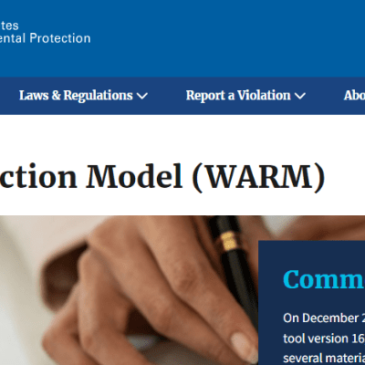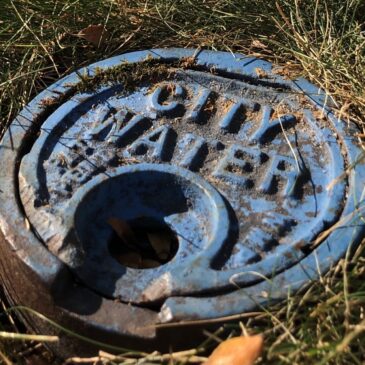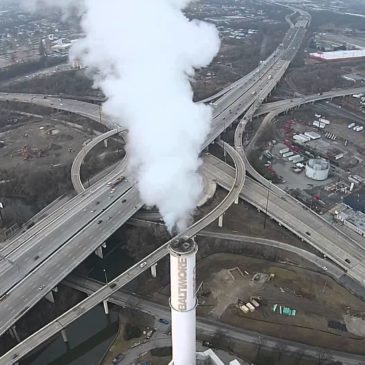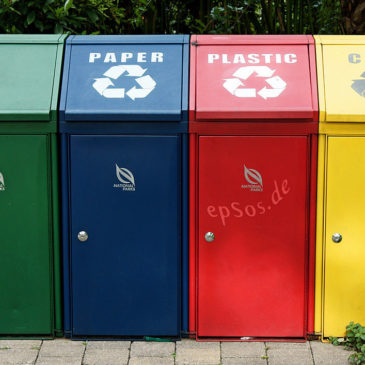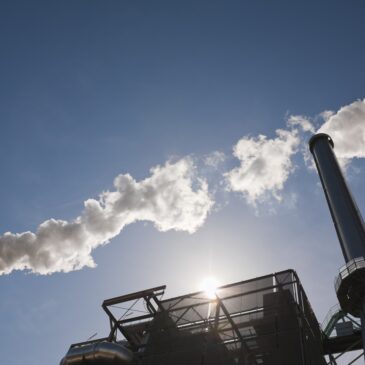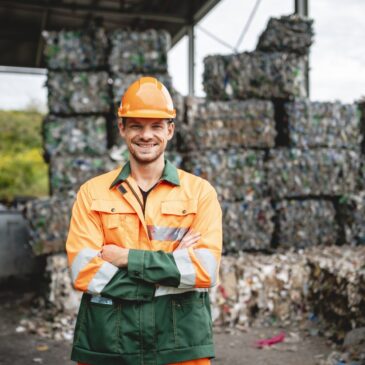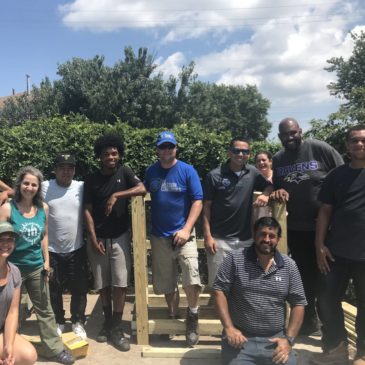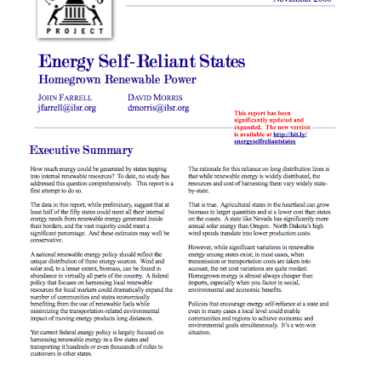Public Comments on EPA’s Waste Reduction Model (WARM)
Help us improve E.P.A.’s measurements to compare the climate impacts of materials management practices. They are accepting public comments on the Waste Reduction Model (WARM), a tool that influences policy, regulation, funding, and more. See here for ILSR’s recommendations and guidance to submit your comment before March 15, 2024.… Read More



